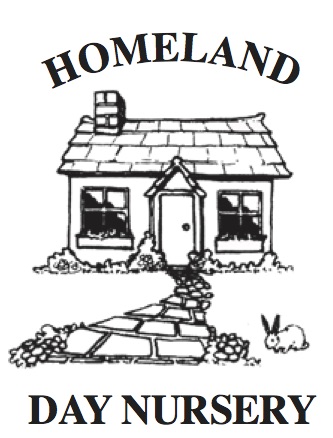The Montessori Method is a wonderful proven method of getting children through their learning and has 5 main concepts:
- Motivation
- Attitude
- Normalisation
- Independence
- Self-Discipline
It is true that many kindergartens cover these same concepts, for the Montessori Methodology has been widely adapted over the years by many different spokes of the education wheel, and they are often successful, but for the Montessori Method to be truly adhered to then it must be taught by qualified staff, with the supporting apparatus in a prepared environment. It is an ethos, a particular approach with the child at its core, not just a system for educating.
The apparatus is self-directed in that it provides the children with motives for purposeful activity perfectly adapted to each stage of their development. A child works and progresses at their own pace with the teacher being more of a positive `guardian angel’ directing and facilitating the child rather than having a forced and regimented approach. This does not mean that teaching and disciplining do not occur for they do, but as the child progresses he or she becomes more active in their own learning.
A Montessori classroom is prepared to help the child accomplish their goals in their own manner, whether they call it work or play. Concentration and attention span develop, children become exact and precise in their movement, they develop a sense of order, are obviously happy to give maximum effort and, through their self-discipline, respect for each other is clear.
Play is the young child’s work. The object of their efforts is the creation of the adult they will become. The child shows clearly an inner need to learn about themselves and their environment. They want to develop their intelligence, control their movements, explore, become independent and responsible. The apparatus assists this inner need of the child. It covers exercises for practical life, sensorial development, mathematics, language, cultural understanding, creative experimentation and physical progress.
